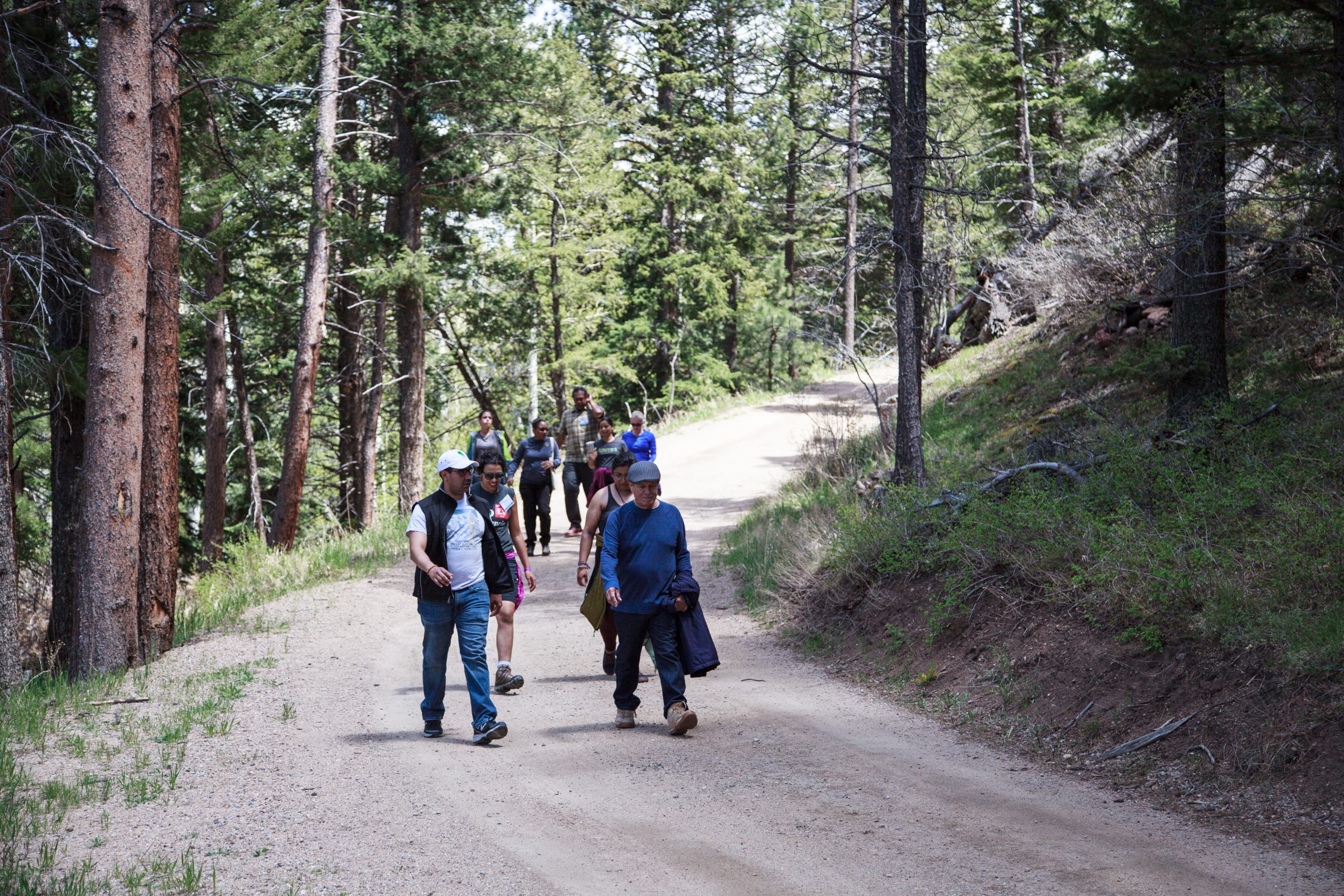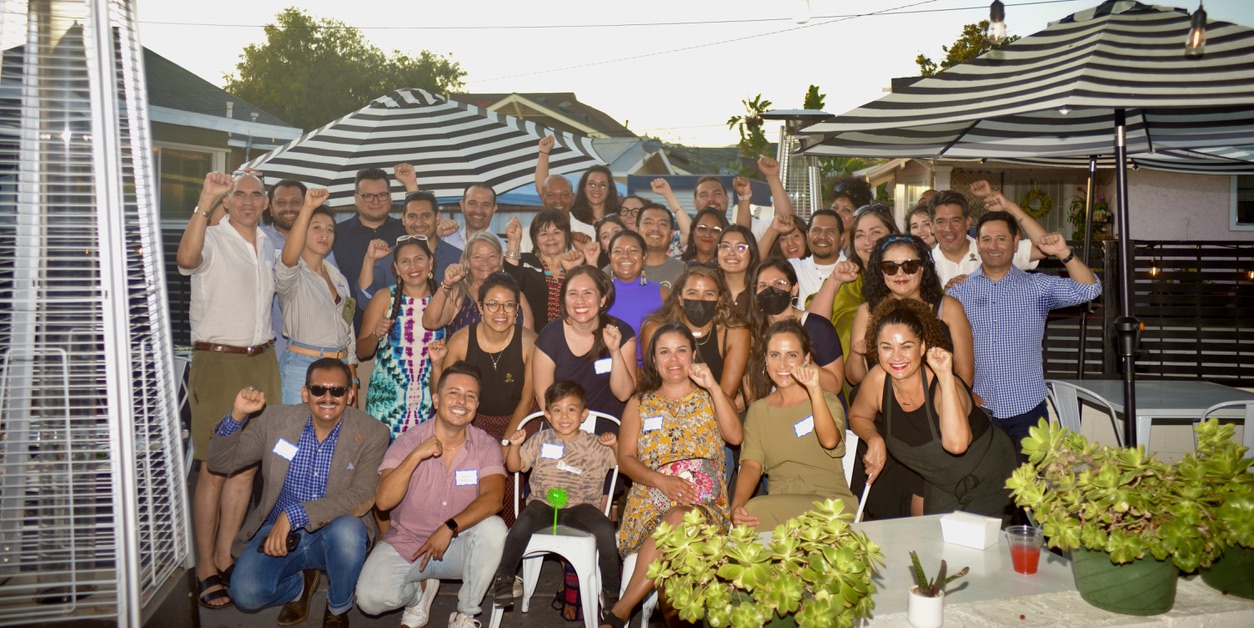GreenLatinos Applauds Minnesota For Becoming A Clean Cars State
MINNEAPOLIS — GreenLatinos applauds Minnesota as it becomes the 15th state to formally adopt clean car standards. Last week, a Minnesota administrative law judge ruled in favor of the state’s effort to adopt the Clean Cars Minnesota Rule, a set of standards that would require new cars sold in the state to emit less climate-disrupting pollution and increase the availability and sales of zero-emission cars. The Clean Cars Minnesota standards, according to the ruling, will reduce air pollution, protect public health, and advance environmental justice.
“This is an exciting and historic day for Minnesota, as the Land of Ten Thousand Lakes becomes the first state in the Midwest to adopt clean car standards. Vehicle emissions are the state’s number one source of air pollution, and these standards will reduce climate pollution and benefit Minnesotans across the state, including the growing Latino/a/x population,” said GreenLatinos Clean Transportation Advocate Andrea Marpillero-Colomina.
Background:
-
MN Department of Health Report: Fine particles in ground level ozone contributed to roughly 2,000 to 4,000 deaths and hundreds of increased hospital visits in Minnesota in 2013, which was the most recent data at the time.43 The MPCA’s research showed that communities of color and lower income communities are disproportionately located near busy roadways and exposed to pollution from vehicles.
-
The Minnesota Pollution Control Agency (MPCA) states that in this rulemaking it is dedicated to implementing a framework to advance environmental justice and ensure equitable benefits of pollution controls and reductions in Minnesota.
-
There are already new efforts to make electrics more available and affordable in low income neighborhoods and historically marginalized communities.
For more information, visit minnesotansforcleancars.com.
GreenLatinos is a national non-profit organization that convenes an active comunidad of Latino/a/x leaders committed to addressing national, regional, and local environmental, natural resources and conservation issues that significantly affect the health and welfare of the Latino community in the United States.
###




